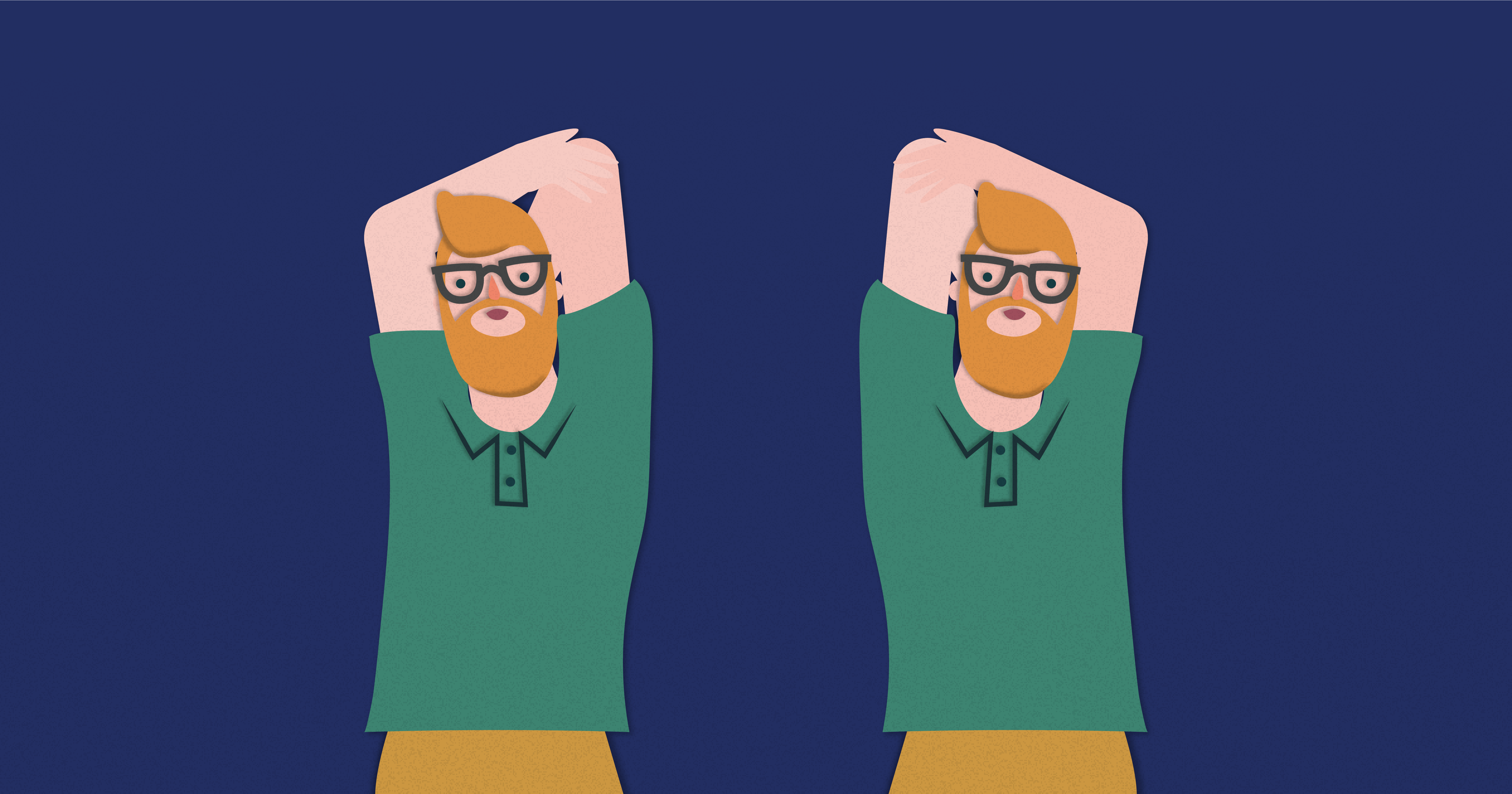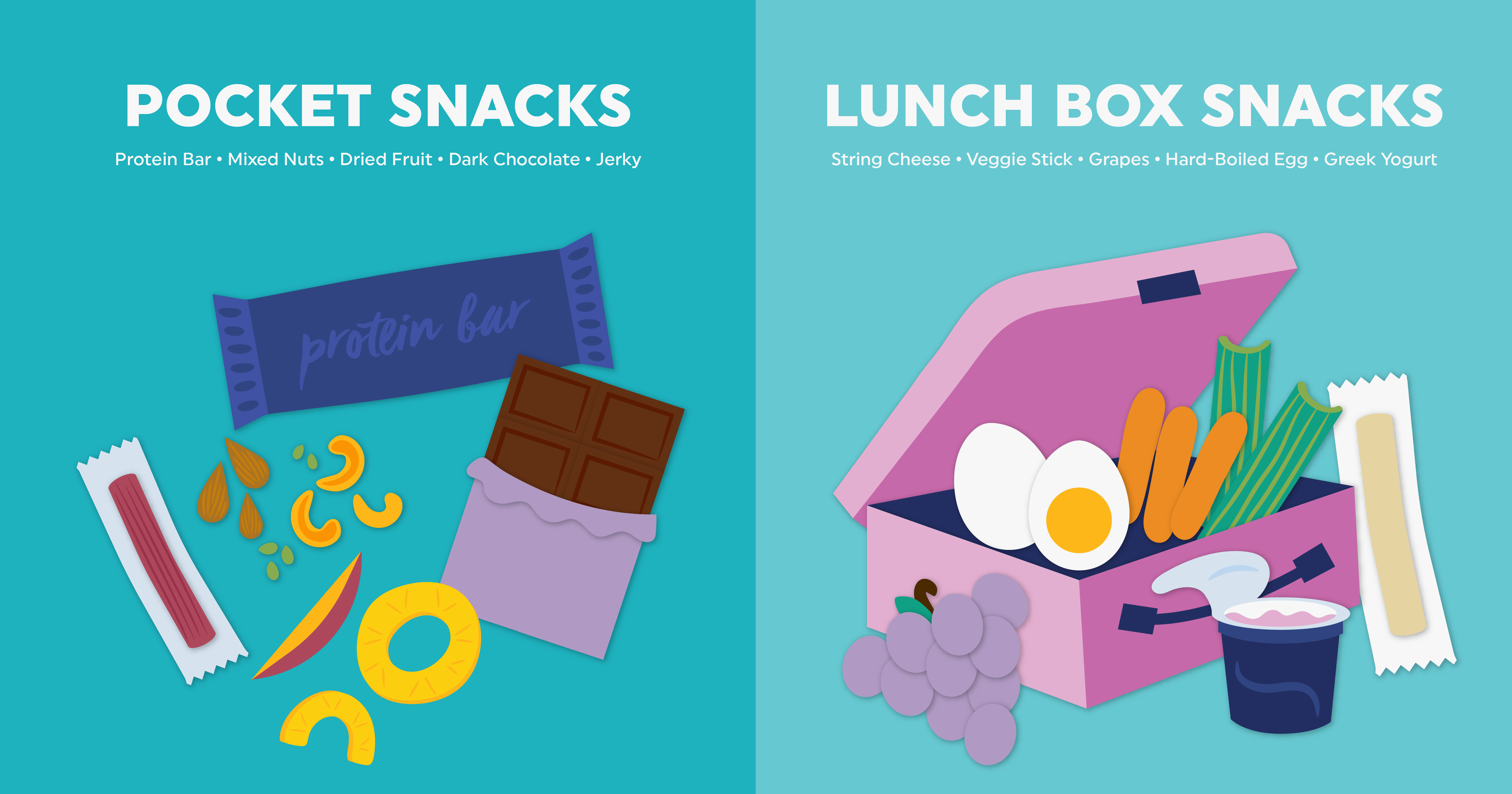 It’s no secret that you’re a pro at taking care of others. But when was the last time you set aside time for your own self-care?
It’s no secret that you’re a pro at taking care of others. But when was the last time you set aside time for your own self-care?
Practicing self-care can feel hard, especially when you’re focused on the wellness of your patients. That’s why we put together these tips to help strengthen your mental health and decrease stress. Use these hacks for healthcare professionals and start reaping the benefits self-care has to offer.
- Enhance your quality of sleep
- Make time for intentional movement
- Practice healthy eating
- Spend time outside
- Take time off between assignments
- Lean on your support system
- ✨BONUS ✨The importance of self-care for healthcare travelers
6 Self-Care Tips for Travel Healthcare Professionals
Enhance your quality of sleep
Ever notice the difference in how you feel when you get enough sleep versus when you don’t? After a good night’s rest, you may feel refreshed and ready to tackle the day ahead. And when you don’t get adequate sleep, you may experience increased depression and anxiety. But how can you improve your sleep when you juggle a busy schedule as a travel nurse or allied health traveler? Here’s how.
😴Upgrade your mattress and bedding
😴Invest in black-out curtains
😴Cool down with a fan
😴Stick to a sleep schedule and try to wake up and go to bed at the same time
😴Unplug from your devices at least 30 minutes before bed
Strengthening your quality of sleep is a crucial aspect of self-care because it allows your body and mind to repair, rejuvenate, and prepare for what’s next. A well-rested individual is an empowered one!
Make time for intentional movement
An oldie but a goodie, one tried-and-true way to prioritize your self-care is to get up and move. The good news is intentional movement doesn’t have to mean intense gym sessions or running a marathon — it can be as simple as a brisk walk around your unit or a quick stretching exercise.
“Keep it simple and most importantly, enjoyable,” said Stephen Price, wellness consultant. “Go on a walk with a friend, do some gardening, stretching for five minutes in the morning — the most important thing is that you move on a daily basis.”

Since our bodies are made to move, incorporating regular movement and healthy activities into your self-care routine can have a plethora of benefits. Not only is exercise good for your physical health, but it also plays a crucial role in mental health.
Moving your body stimulates the release of endorphins, otherwise known as happiness or “feel-good” hormones, which can improve your mood and energy levels, and reduce stress. As an added bonus, exercise can improve cognitive function and sleep quality, giving you the extra boost you may need to get through a long shift.
“Maintaining a consistent routine of regular low impact activity will provide so many benefits, from improved strength and mobility to supple joints, strong muscle tissue and a regulated nervous system — all helping to prep and prime your mind and body for a healthy, capable and energized lifestyle,” said Price.
Practice healthy eating
Travel healthcare professionals like you lead busy lives. When you’re constantly on-the-go, it can be tough to prioritize healthy eating. Luckily, there are loads of healthy snack options out there that you can eat on the move.

Consuming a balanced, nutrient-rich diet is a fundamental form of self-care that directly impacts your overall wellness and emotional health. When you nourish your body with whole, nutritious foods, you’re fueling your body with the essential vitamins and minerals it needs to perform at its best.
“Our digestive health and nutritional health affects our brain health,” said Rachel Kelly, a mental health advocate and author of The Happiness Diet. Not only does healthy eating enhance your physical health, but it also aids in preventing mood swings and energy slumps. Here are tips on how to easily incorporate healthy eating into your travel lifestyle:
🥑Add fruits and veggies to your daily meals
🥑Eat regularly
🥑Increase your intake of healthy fats
🥑Limit added sugars
🥑Try mindful eating
Don’t worry — healthy eating doesn’t mean you have to have strict limitations or deprive yourself of all your favorite things, but rather create habits over time that improve your mental health and overall wellness. Self-care isn’t just about feeling good in the moment — it’s about taking steps to ensure you feel good in the future, too, and healthy eating is one easy way to do that.
Spend time outside
Whether you’re into fishing, birdwatching, hiking, cloud-gazing, or something in-between, the outdoors has something for you. Even better, studies show that soaking in the sun and exploring nature can reduce anxiety, improve mood, and boost feelings of happiness and relaxation.
“When we spend time in nature, we can quite literally disconnect from the everyday stressors, technology, and social interactions,” said Ernest Lira de la Rosa, PhD, and licensed psychologist. “Nature can help us ground and recharge our bodies and minds, especially if we take time to observe our surroundings.”
From a peaceful walk in the park to a challenging hike in the mountains to a playful afternoon in the garden, remember to make time for yourself, step outside, and relish the healing power of nature.
Take time off between assignments
If you’re in search of some quality “me time,” you may consider taking a break between your allied health or travel nursing assignments. Taking time off between travel jobs gives you a much-needed break from the daily grind, allowing you to recharge and rejuvenate.
“A growing body of scientific evidence explains what many of us have learned from unpleasant experience: push yourself through too many hours or days of work and your brain starts to push back,” said Minda Zetlin, author of Career Self-Care: Find Your Happiness, Success, and Fulfillment at Work. “Ideas that once flowed easily dry up, and tasks that you should be able to perform quickly become excruciatingly difficult…you need to give your brain, and yourself, some rest.”
The best part is what you do with your newfound free time is completely up to you! Book a trip, sleep in, catch up with loved ones — your options are endless.
Lean on your support system
Nurturing relationships with your loved ones, also known as your support system, is a cornerstone of self-care. It’s natural and normal to need others, you’re only human. From family members, friends, fellow healthcare professionals, and your Fusion Medical Staffing travel team, you’re supported on many different levels.
These relationships can provide emotional and mental health support and help you navigate life’s challenges. Spending quality time with family and friends, sharing experiences, and expressing emotions openly can deepen these bonds and enhance your sense of belonging and security, and lower stress, even when you’re away from home on a travel nursing or allied health travel job. Whether you’re celebrating, creating shared memories, or seeking help during tough times, connecting with loved ones significantly contributes to your wellbeing, forming an integral part of your self-care routine.
The importance of self-care for healthcare travelers
Self-care is a paramount practice that’s often overlooked. But it’s more than a buzzword or trend — it’s a fundamental aspect of maintaining and improving your physical and mental health. And everyone can benefit from a little self-served TLC, including healthcare professionals like you.
“Self-care is not synonymous with self-indulgence or selfishness,” said Moira Lawler, Everyday Health writer. “Self-care means taking care of yourself so that you can be healthy, be well, do your job, help and care for others, and do all the things you need to and want to accomplish in a day.”
Think of it like this: self-care is an investment in yourself. The better you care for yourself, the better you can care for others as a travel nurse or allied healthcare professional. Balancing professional responsibilities with personal needs can be a challenge, but prioritizing self-care can enhance your ability to avoid burnout, make informed decisions, and provide high-quality care to your patients.
Self-care looks different for everyone. While it might look like a long walk on the beach to some, for others, self-care could be a quick phone call to a friend. No matter what it looks like for you, the important thing is that you incorporate self-care practices into your everyday life. It's be your job to care for others, but that doesn’t mean your self-care needs are any less important.





